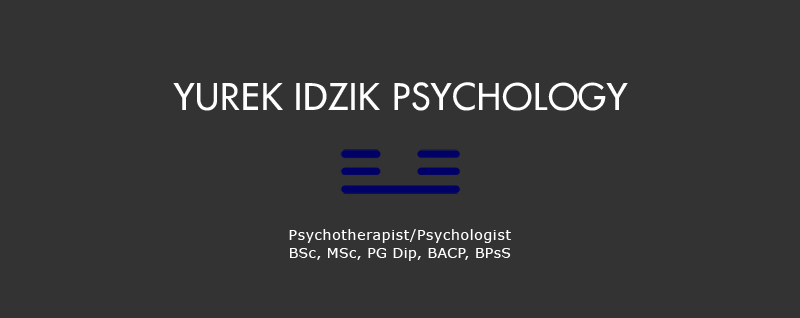ANXIETY
Being able to recognise and respond to threat is a very adaptive and useful skill. When we feel anxious, we are sensing a threat and the mind and body get ready to do something about it. ‘This getting ready’ happens without much thought, it tends to happen in our bodies but the impact of these physical changes can increase our sense of threat.
An event in our past can been so troubling that we remain in a state of worry around anything which appears to be similar. Or, we may never have had the opportunity to be soothed and had our anxiety reduced by parents or others helping with frightening experiences leaving us prone to anxiety.
There are two main methods we employ to deal with states of anxiety. Firstly, avoidance of the worry can feel like a very successful method. Secondly, fighting against the worrying idea can also work quite well. It can often come about that we use a combination of both. This can mean either that we live our lives by reducing our contact with worrying scenes, or seek to control events outside ourselves in order not to feel anxious. In either case our lives can become a series of experiences which are being overshadowed by fear.
We can use our minds and knowledge of our own processes to intervene in these difficulties and by doing so transform our relationship with the world around us.
BREAKDOWN
Breakdown is a process where the normal ways of behaving and thinking become mixed up and are not coherent to us or to people around us.
There can be a number of reasons as to why people break down. It can be called and can look like mental illness requiring medical intervention usually with medication. However, it may be that the internal systems governing someone’s life have proved unworkable and pressurizing. Under these circumstances, one may think of a break down as an attempt by the mind to solve an impossible situation and there may be a powerful wish to recreate something different.
The experience of breaking down is frightening and confusing for the person going through the experience and for people around them but it may also be an opportunity for change and re engagement with the world in a more healthy way.
Clearly, these experiences are not be minimized and some people are severely affected and can become seriously psychologically disorded and it is important that the interventions are containing and well thought through.
RELATIONSHIP
When we have close relationships with another we combine two different worlds.
We have learnt from all our experiences how to behave and respond and we are very likely to bring those responses into a new relationship. What people then set up together is a dance which is familiar to both. There will be many ways in which this dance is useful and strengthens the relationship.
When a couple or a family get into difficulty what needs to happen is that new ways of relating need to replace old patterns which have become stuck and unhelpful. The aim of relationship work is to strengthen the family system.
DEPRESSION
Depression is almost always related to loss unless it is a chronic condition brought about by imbalance in our biochemistry.
The losses can be deep in our history and almost forgotten or they can be current events which we are trying to cope with.
Moving out of depression usually involves coming to terms with loss. It can be the loss of an aspect of ourselves and life transitions can involve periods of depression. Separation from a loved one of course can bring about profound feelings of loss and we are required to grieve what we no longer have. The depression can be a symptom of something which has been lost but not grieved and we need to go through the process of coming to terms with our loss.







